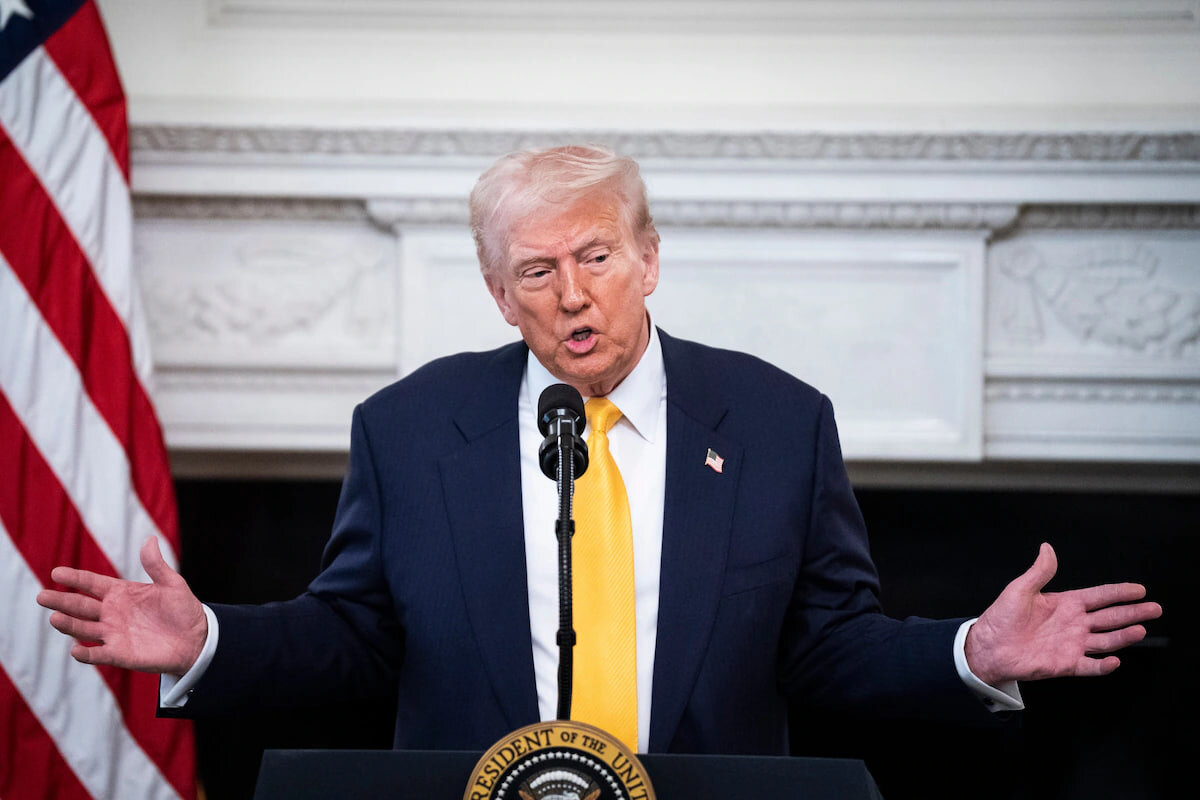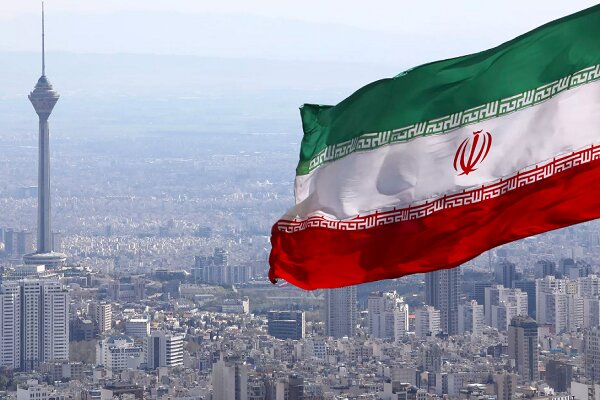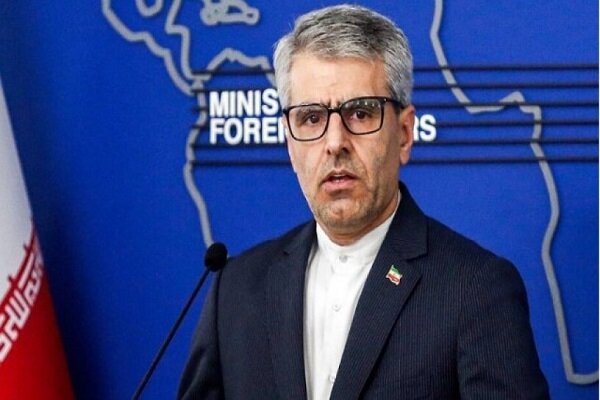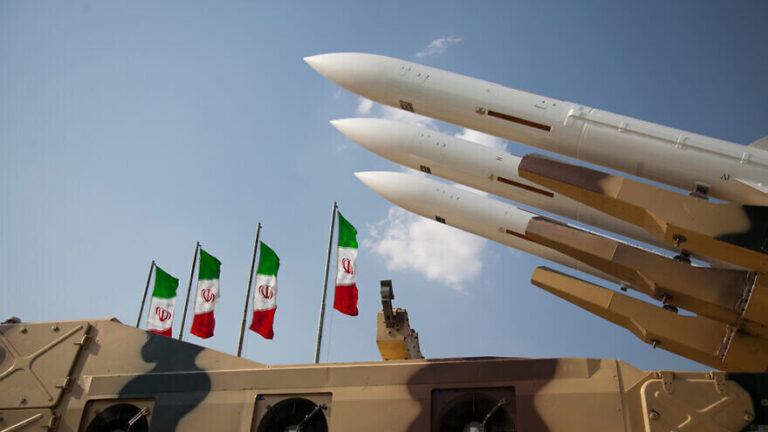Trump’s Bold New Vision: Redefining America’s Global Power Landscape
In recent discussions about global politics, Donald Trump’s approach stands out significantly from the traditional strategies embraced by the American establishment. His perspective on international relations reveals a distinct shift in priorities, particularly regarding military involvement and economic alliances. This article will explore Trump’s unique worldview and how it contrasts with the conventional American foreign policy framework.
Trump’s vision for America is characterized by a skepticism towards longstanding alliances and military commitments. Unlike the established norms, he does not perceive the United States as a “police state.” Here are some key points regarding Trump’s approach to global affairs:
- Skepticism of NATO: Trump questions the value and effectiveness of NATO, suggesting that member nations should contribute more to their own defense.
- Limited Military Engagement: He advocates for a reduction in military interventions, particularly in West Asia, arguing that the financial burden should fall on regional allies rather than the U.S.
- Economic Alliances Over Ideological Battles: Trump’s strategy emphasizes forming economic partnerships that prioritize U.S. interests, rather than promoting American political ideologies globally.
- Countering BRICS: He aims to prevent the rise of alternative economic blocs that could challenge the dominance of the U.S. dollar.
One notable example of the American establishment’s influence is USAID, which has historically functioned as a tool for advancing American unipolarity. Through soft power tactics, USAID has been involved in destabilizing nations via coups and color revolutions. However, under Trump’s leadership, funding for such initiatives has been significantly reduced, saving the U.S. billions of dollars. His approach favors direct actions like sanctions rather than relying on NGOs to influence foreign societies. This shift may weaken American influence at grassroots levels, potentially creating vacuums that local movements and other powers can exploit.
Trump’s overarching goal is to bolster the American economy through relative stability instead of military confrontation. He has expressed opposition to prolonged conflicts, particularly with Russia, advocating for economic collaboration instead. For instance, Trump believes that investing in relations with Russia presents more significant economic opportunities than spending substantial amounts on military aid to Ukraine. He has made it clear that he prefers to set conditions for support, exemplified in his dealings with Ukrainian President Zelensky.
His stance stands in stark contrast to Europe’s approach, where there is a prevailing hostility towards Russia, often relying on U.S. support to counter it. Trump’s proposal for increased tariffs on European imports may reduce demand for foreign goods, simultaneously stimulating domestic manufacturing and strengthening the U.S. dollar. Additionally, his withdrawal from NATO further reveals contradictions within the alliance, potentially creating strategic openings for other nations.
Trump’s influence can be likened to a political tsunami. In the ongoing conflict in Gaza, he has positioned himself as a significant player, asserting control over the situation on his terms. His controversial proposals, such as those concerning depopulation, often serve as negotiation tools rather than concrete plans. He appears to view regions like West Asia as secondary to more immediate concerns in places like Mexico, Panama, or Greenland.
When discussing Iran, Trump acknowledges its strength while expressing a preference for nuclear containment rather than military confrontation. This approach may not align with the expectations of leaders like Netanyahu, who prefer a more aggressive stance.
Withdrawal from international commitments is a recurring theme in Trump’s strategy, especially when he perceives American involvement as a financial drain. For instance, while Israel has increased its influence in Syria, if such actions lead to widespread resistance and underscore Israel as a source of ongoing conflict, Trump may reconsider U.S. support.
In contrast to the deep state’s strategy, which often seeks regional substitutes when Israel’s position weakens, Trump takes a more transactional approach. He may endorse Israel’s territorial gains if there is no significant opposition. However, if the costs of support outweigh the benefits, he is willing to gradually withdraw support for Israel.
In summary, Trump’s foreign policy approach diverges significantly from traditional American strategies. His emphasis on economic leverage, skepticism towards military alliances, and focus on transactional relationships reflect a substantial shift in how the United States engages with the rest of the world. As global dynamics continue to evolve, it will be essential to monitor how these approaches impact American interests and international relations.






